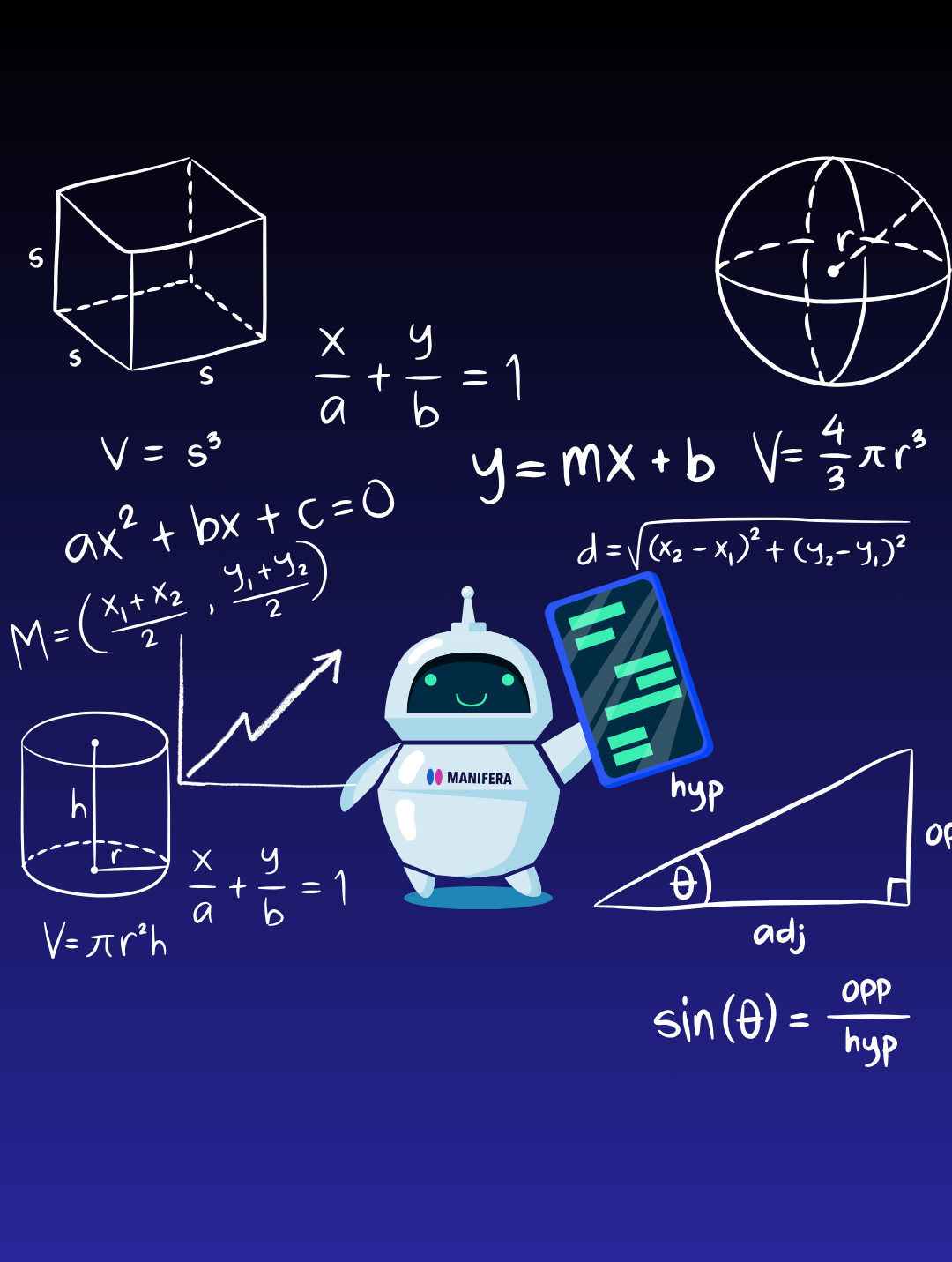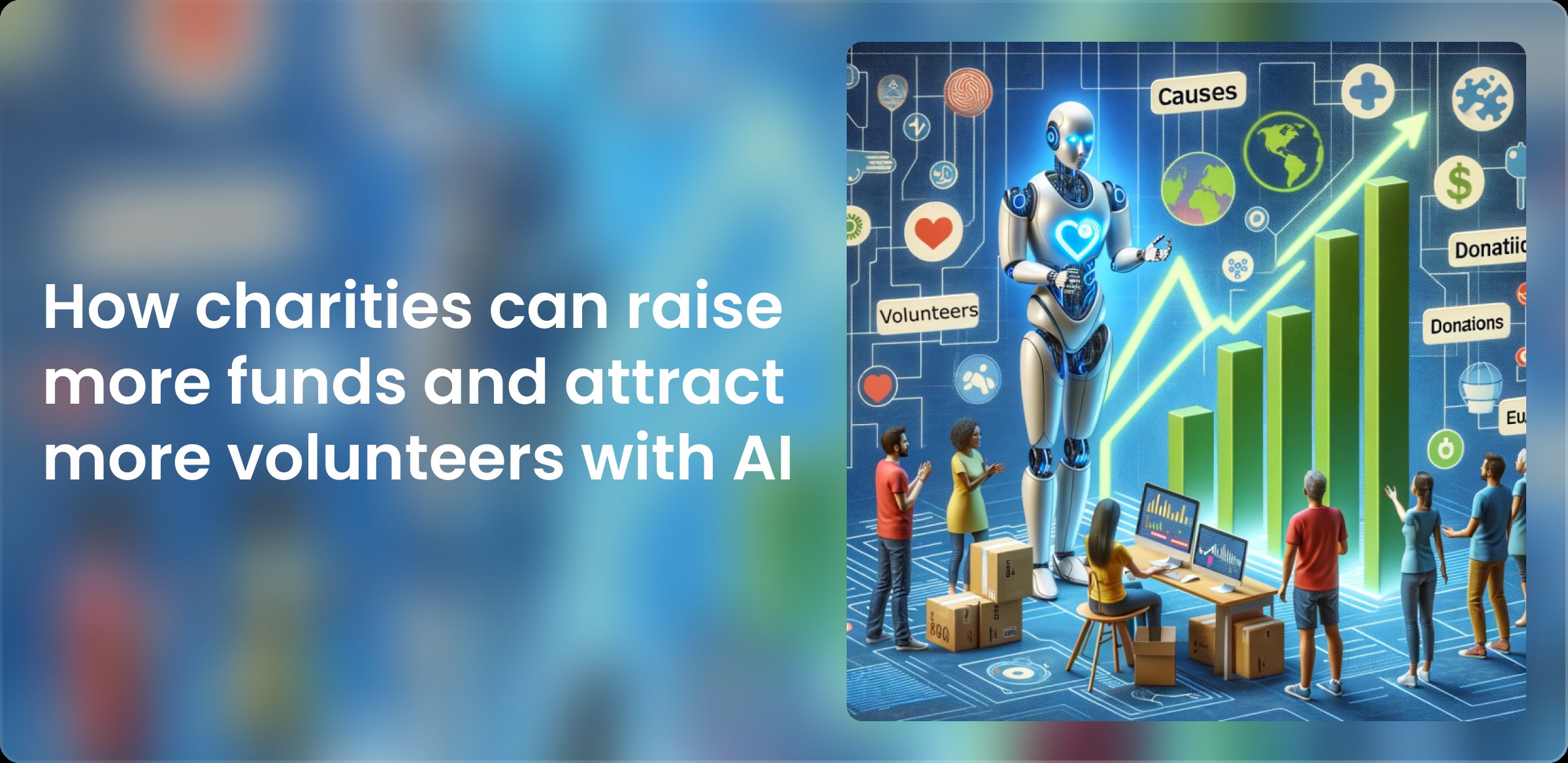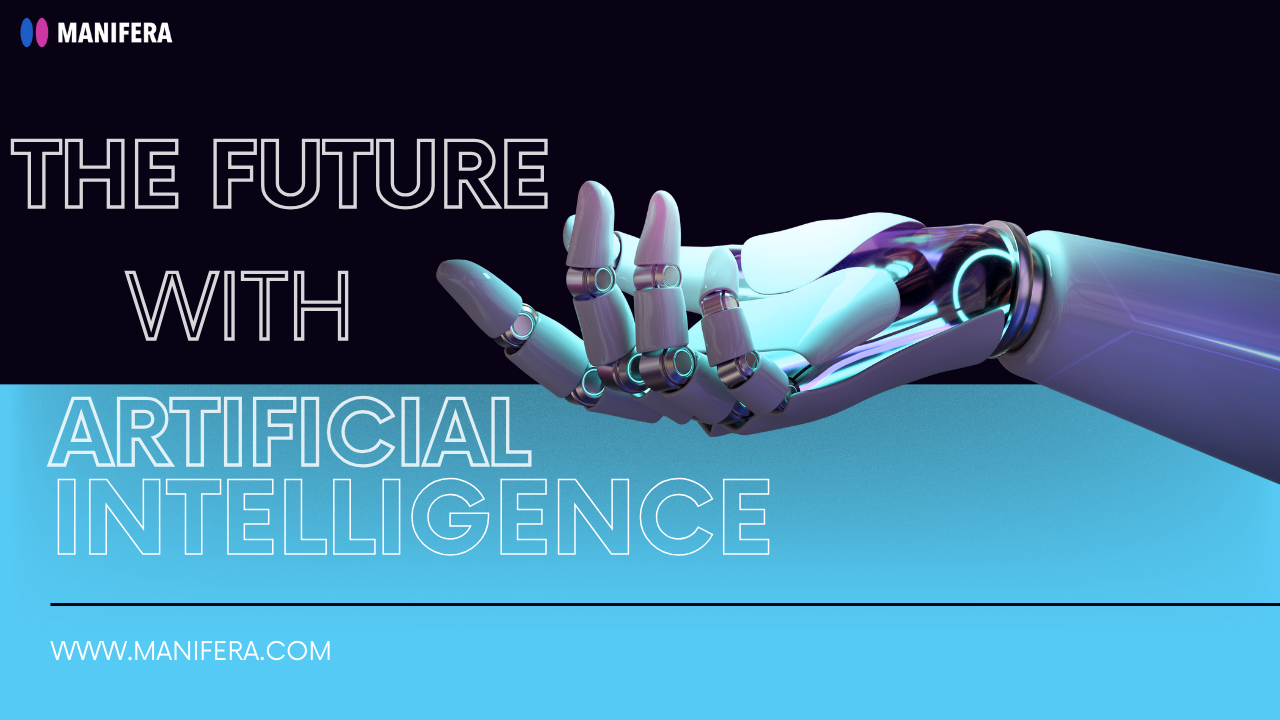
What is Artificial Intelligence (AI) ?
Artificial Intelligence (AI) is a computer science field that focuses on solving cognitive problems often associated with human intelligence, such as learning, creativity, and image recognition. Modern organizations collect vast amounts of data from various sources like smart sensors, user-generated content, monitoring tools, and system logs. The goal of AI is to create self-learning systems that can derive meaning from data. Subsequently, AI applies the acquired knowledge to solve new problems in a manner similar to humans. For instance, AI technology can engage in meaningful conversations with humans, generate original images and text, and make real-time decisions based on input data. Your organization can integrate AI features into applications to optimize business processes, enhance customer experiences, and drive innovation.
How has artificial intelligence technology developed?
In 1950, many people were unfamiliar with the term. John McCarthy, recognized as the founder of artificial intelligence, introduced the term 'Artificial Intelligence (AI)' in 1955. McCarthy, along with Alan Turing, Allen Newell, Herbert A. Simon, and Marvin Minsky, became known as the pioneers of AI. Alan suggested the initial idea that if humans use available information and logical reasoning to solve problems and make decisions, why couldn't this be done with the help of machines?
Over time, the computer revolution began to surge and explode. Computers became faster, more affordable, and capable of storing vast amounts of information. The most crucial aspect to discuss here is that computers could also think abstractly, self-perceive, and achieve natural language processing capabilities.
By 1980, AI research regained momentum, and with the advent of Deep Learning techniques, computers started learning from user experiences. In the 2000s, AI experienced significant development.
Advantages and Disadvantages of AI
Processing large and complex data: Artificial Intelligence can handle millions of data in a short time, helping us discover relationships and important information from various data sources.
Enhancing work performance: AI can perform tasks better and faster than humans, helping us save time and energy in our work.
Improving quality of life: The applications of artificial intelligence are diverse, from enhancing security, predicting the weather, searching for information, processing images, to improving products and services.
However, AI is not the perfect tool yet. It still has many shortcomings, limitations, and challenges for developers in the future.
Lack of authenticity and reliability: AI can be biased or inaccurate if not programmed correctly or closely supervised.
Lack of creativity and interaction abilities: AI may not be able to be as creative and interactive as humans in some cases.
Concerns about replacing humans: AI has the potential to replace humans in certain tasks, causing concerns about job loss and its impact on human livelihoods.
Suggested Posts
How useful was this post?
Share it with your friends
Get our latest articles here!
Do you have any questions?
Help us improve the content of this Insightful blog by asking us questions. Manifera's team of experts will help you answer these questions as soon as possible.










